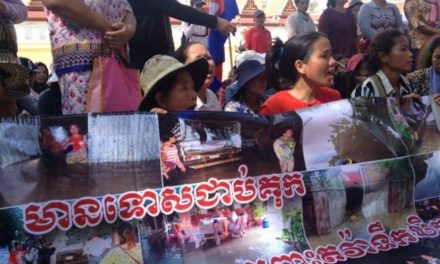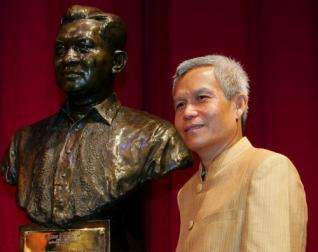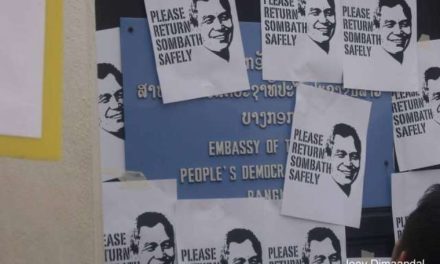The Korea government is now negotiating a bilateral trade agreement or FTA with the United States. Like Korean people, we Thais have been in a similar battle against the Thailand-US FTA since 2004 and which is still continuing to date. The US’ FTA template, wherever negotiated, contain similar demands in most sectors. These demands, when implemented, are bound to have a devastating impact over people’s livelihoods and well-being. We already witness this in Mexico under the North American Free Trade Agreement (NAFTA) and in other countries which have already concluded the agreements with the US.
It is widely accepted that access to health care and medicines is vital in reducing unnecessary deaths from diseases. The US, through FTAs, has sought to impose stringent measures on the protection of patents of pharmaceutical companies. This will reduce the availability of generic drugs that are much more affordable and hence undermine people’s access to life-saving medicines. The FTAs will also limit the role and responsibility of governments to guarantee people’s access to medicines by restricting even more flexibilities that are allowed under the World Trade Organization (WTO). As a result, governments in trading countries will find it increasingly restrictive to exercise their domestic public health policies under the FTA.
Although Thailand and South Korea are different in terms of development, people in both countries share a common demand for the protection of their right to affordable medicines and treatment. Negotiating an aggressive FTA like the one with the US will never be a win-win situation. The process of negotiations itself is opaque and undemocratic. Only a handful of people are allowed to participate in the negotiations and decision making process. Patients, farmers, labour, and small and medium enterprises are in the losing end while large corporations win big in such agreements.
As a coalition of Thai civil society groups and individual academics struggling against the Thailand-US FTA, FTA Watch understand the threat that the Korean people now face. We would like to express our solidarity and support to our Korean friends that are opposing the FTA with the US. Governments in Asian countries, no matter what level of development, must guarantee the right of the people to health and livelihoods. In the future, newer types of diseases like SARs or H5N1 can develop. We must ensure that both governments and people in this region are able to afford necessary medicines and treatment. Creating and protecting a stronger and skewed intellectual property right (IPR) regime will cost Asian people dearly. We must stand together against a paradigm that puts money before people.
In Solidarity
FTA Watch, Thailand
23 March 2006
In Solidarity
FTA Watch, Thailand
23 March 2006









